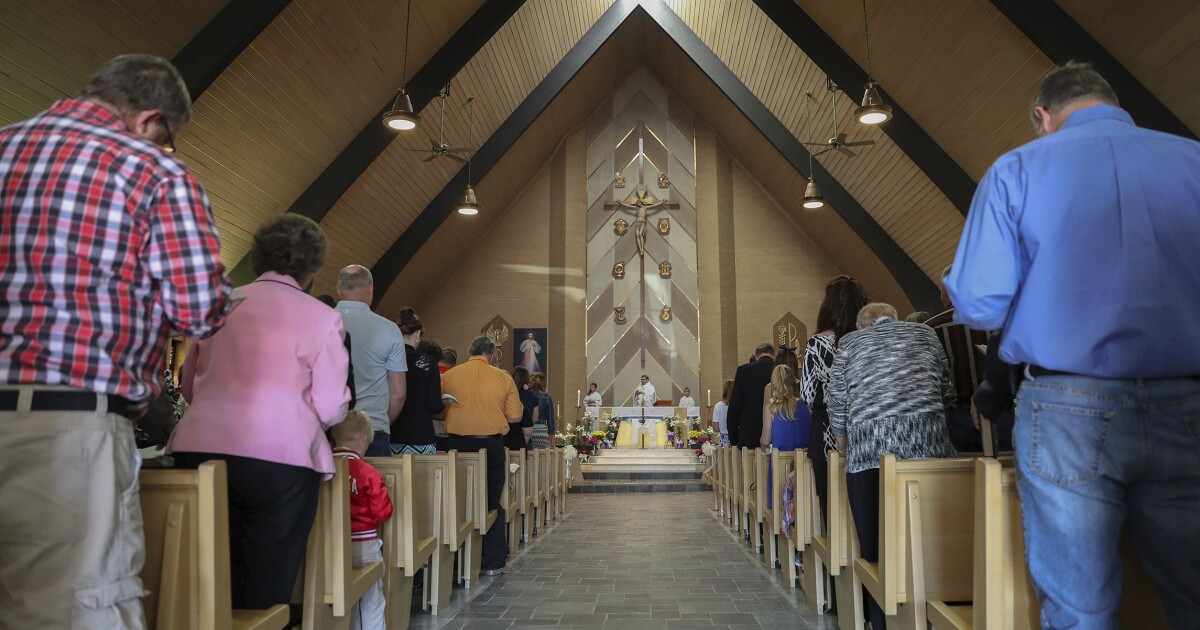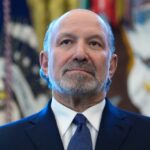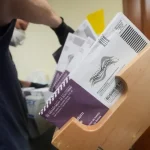

People in the United States are increasingly using their political views to inform their religious beliefs, with 25% of adults saying they’ve considered leaving their religion because of disagreements with their political affiliation.
This notion of “church shopping” has become more common over the last several years as more religious topics make their way into the political realm, according to a study from Monmouth College. Roughly 52% of adults have “shopped” for different churches and another one-third have done so more than once, the study shows.
MAJORITY OF HISPANIC VOTERS OPPOSE CANDIDATES WHO SUPPORT ABORTION BANS: POLL
“I think a lot of this is driven by things like abortion, same-sex marriage, the traditional moral issues that we think of in this area,” said Andre Audette, a political science professor at Monmouth. “It seems like our politics is impacting our religion.”
This phenomenon may be due in part because churches in the U.S. operate in a “laissez-faire religious marketplace,” meaning there is no overarching interference and churches must compete with one another to attract attendees. If one chooses to leave the religion in which they grew up, they are likely to begin “shopping” for a new church.
“The winners are evangelical Protestants, a conservative group that is the largest coalition in the Republican Party, and secularism,” Audette said.
Religion and politics have long intersected with one another, with religion often influencing which party one identifies with, according to Audette. For example, a large number of Christians moved into the Republican Party during the 70s and 80s as the party became increasingly conservative.
“People associate religion with conservative politics,” Audette said. “This is complicated for liberals and moderates, because if you go to a church that you experience as being conservative, it can hurt your brain a little bit, because you start to think, ‘I’m very liberal, but here I am at this conservative church. What do I do? How do I fix this?’ This is known as cognitive dissonance in psychology.”
A quarter of adults report considering leaving their religion due to political reasons, and that number is higher among Democrats, according to the study.
“I think this has a lot of implications for democracy,” Audette said. “Part of the record polarization we’re experiencing may be attributed to our religion and politics because, increasingly, if we’re pushing people on the left and moderates out of religion, and pushing people on the right into religion, then we’ve just divided ourselves even more. And we’ve divided our social institutions in a political way.”
CLICK HERE TO READ MORE FROM THE WASHINGTON EXAMINER
The number of people included in the poll, the dates they were surveyed, and the margin of error were not listed in the study. The Washington Examiner contacted Monmouth College.






